-3%
Understanding Dementia Care for Non-Native English Speakers
Rita Salomon’s extraordinary guide, recognized by the BMA Medical Book Awards in 2015, offers invaluable insights for dementia caregivers who speak English as a second language.
This comprehensive compendium encapsulates the latest advancements in person-centered dementia care. It provides an extensive repertoire of sample vocabulary and sentences tailored specifically for effective communication with dementia patients.
The emphasis lies on fostering meaningful daily interactions through proficient communication skills and positive engagement during various activities. Whether utilized for self-directed learning or as a supplement to formal training programs, this guide is indispensable for all non-native English-speaking caregivers working in various healthcare settings, including care homes, hospitals, hospices, home support services, and other supportive environments.
The Significance of Effective Communication
Clear and empathetic communication is paramount in dementia care. However, linguistic barriers can pose significant challenges, particularly when caregivers do not share a native language with their patients.
This guide addresses this critical issue by providing practical language tools and strategies. It empowers non-native English-speaking caregivers to overcome language barriers and foster meaningful connections with their patients.
Personalized Care through Vocabulary Expansion
The guide recognizes that every patient’s needs are unique. To accommodate this diversity, it presents a rich collection of sample vocabulary and sentences that can be tailored to individual circumstances.
Caregivers can draw upon this vocabulary repertoire to engage patients in conversations, provide comfort and reassurance, and support their overall well-being. By understanding the nuances of language, caregivers can create a personalized care environment that resonates with each patient’s specific needs.
Positive Interactions and Relationship Building
Beyond language, the guide emphasizes the importance of positive interactions and relationship building. It offers guidance on how to approach patients with respect, dignity, and empathy.
It highlights the significance of active listening, non-verbal communication, and a person-centered approach that focuses on the patient’s individual strengths and abilities. By fostering a positive and supportive environment, caregivers can create meaningful bonds with their patients, enhance their quality of life, and alleviate the challenges associated with dementia.
Conclusion
Rita Salomon’s acclaimed guide is an indispensable resource for non-native English-speaking dementia caregivers. Its comprehensive approach to language, communication, and positive interactions empowers caregivers to provide exceptional care that meets the unique needs of their patients.
Whether utilized for self-study or as a complement to formal training, this guide is a must-have for all caregivers who seek to overcome linguistic barriers and create a compassionate and supportive environment for those living with dementia.
maybe you like these too:
- Here’s How to Treat Dementia
- Alzheimer’s Association International Conference 2021 (AAIC21) (Videos)
- MCI and Alzheimer’s Dementia: Clinical Essentials for Assessment and Treatment of Cognitive-Communication Disorders
- Practical Nutrition and Hydration for Dementia-Friendly Mealtimes (Original PDF from Publisher)


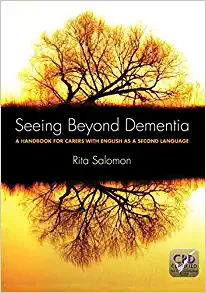
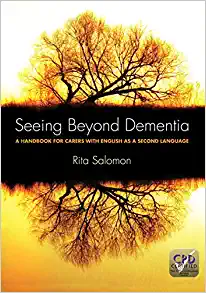

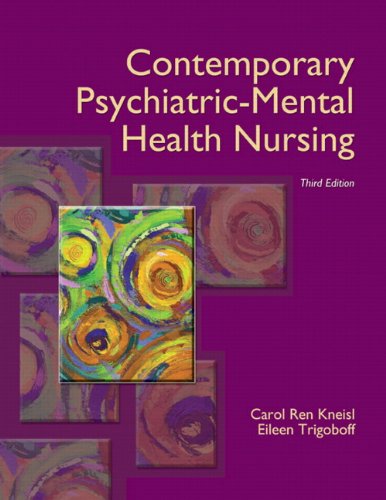
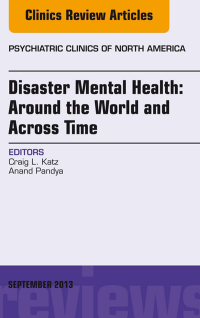
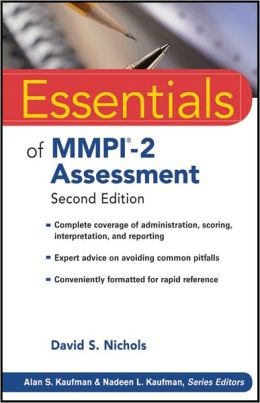
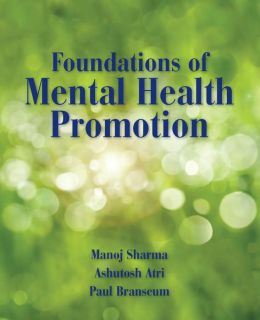
Reviews
Clear filtersThere are no reviews yet.